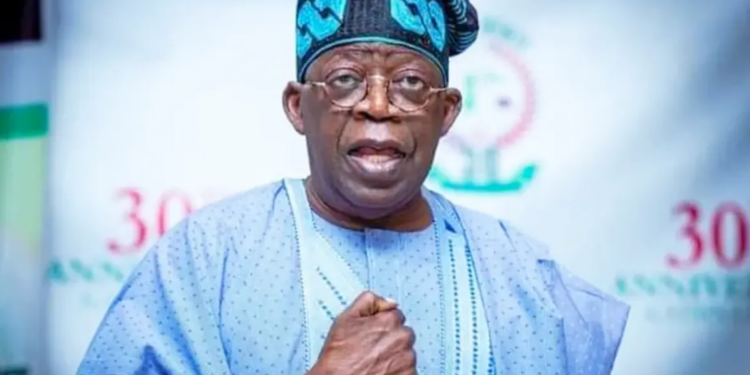President Bola Tinubu has declined assent to the National Drug Law Enforcement Agency (NDLEA) Amendment Bill, 2025, recently passed by the National Assembly.
The President’s decision was communicated to the House of Representatives on Thursday by Speaker Tajudeen Abbas during plenary.
The rejected bill proposed granting the NDLEA the authority to retain a portion of the proceeds from drug-related crimes, a significant departure from the current legal framework governing such funds.
President Tinubu, who cited Section 58, Subsection 4 of the 1999 Constitution, said that the bill, if signed, was a contravention of the aforementioned sections.
Tinubu clarified that under existing law, all proceeds from crime must be deposited into the Confiscated and Forfeited Properties Account.
He explained that any disbursement to relevant agencies involved in recoveries must be made by the President, and only with the approval of the Federal Executive Council and the National Assembly.
What you should know
The NDLEA Amendment Bill, 2025, proposes a significant shift in how proceeds from drug-related crimes are managed in Nigeria.
The bill is a new provision—Section 46(4)—which states that “the agency shall retain a portion of the proceeds of crime” recovered during its anti-narcotics operations.
- This would allow the National Drug Law Enforcement Agency (NDLEA) to directly benefit from assets it seizes, giving the agency access to immediate resources to fund its activities.
- Currently, all proceeds from drug-related crimes are remitted to the Confiscated and Forfeited Properties Account, managed centrally by the federal government.
- Disbursement of these funds follows a rigorous process involving the presidency, the Federal Executive Council, and the National Assembly. While this ensures oversight and adherence to legal protocols, it also results in bureaucratic delays and limits the NDLEA’s operational funding.
The amendment seeks to change that by enabling the NDLEA to retain a portion of recovered proceeds, reducing its dependence on budget allocations that are often constrained by treasury schedules.
- Supporters argue this would enhance the agency’s financial autonomy, strengthen its capacity to act swiftly, and improve overall efficiency.
- However, critics warn that allowing the agency to keep part of the seized assets could undermine existing transparency and accountability mechanisms. They fear that bypassing executive and legislative oversight may open the door to abuse and weaken institutional checks.
In essence, the bill introduces a targeted reform aimed at boosting the NDLEA’s effectiveness, but it also raises serious questions about governance, legal compliance, and fiscal responsibility.












